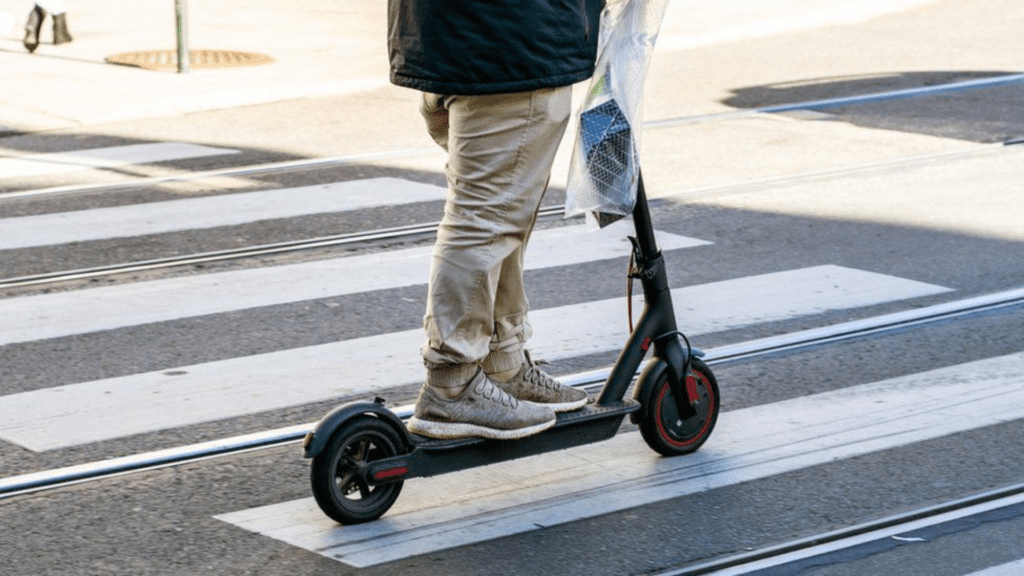In a recent development impacting Dubai’s transportation landscape, the ban on e-scooters within Dubai Metro and Tram stations has left residents scrambling for alternatives, leading to increased expenses and longer commutes. Typically used for short distances between homes and metro stations, e-scooters served as a convenient and eco-friendly mode of transportation, but the ban has disrupted the daily routines of many commuters.
One such resident affected by the ban is Adem Olu Sanyado, a Cameroonian residing in Al Nahda, Sharjah. Previously relying on his e-scooter for the last leg of his commute from the Stadium Metro Station to his office, Adem now faces a longer walk of over 25 minutes from Abu Bakar Siddique metro station to his workplace. This significant change has impacted his daily routine and raises concerns, especially with the impending summer months making walking long distances unbearable.
The ban has forced commuters like Sofia Mary Kanlas, a Filipina receptionist working in Business Bay, to seek more expensive alternatives such as taking cabs for their last-mile journeys. Sofia now spends over Dh350 per month on cab fares, significantly increasing her transportation expenses. The inconvenience of overcrowded buses and long waiting times further complicates her commute, adding frustration to her daily routine.

Zain Mohamed, a businessman and resident of Al Nahda, Dubai, has also felt the effects of the ban on his personal and professional life. Unable to bring his e-scooter from home, Zain has had to invest in a new one and leave it parked at his business establishment. This unexpected change has disrupted his daily routines and highlights the significance of micro-mobility options in urban areas for short-distance travel.
The ban on e-scooters inside Dubai Metro and Tram stations took effect on March 1, leaving many residents searching for alternative transportation solutions. While walking and taking cabs are viable options for some, others face challenges such as increased expenses and longer commutes. This change has disrupted the daily routines of many commuters who relied on e-scooters for their last-mile journeys, underscoring the importance of accessible and eco-friendly transportation options in urban environments.

As residents adapt to the ban, the impact on daily commuting routines continues to be felt across Dubai. Finding sustainable solutions to address the transportation needs of residents remains a priority, ensuring that commuters can navigate the city efficiently while minimizing environmental impact.












